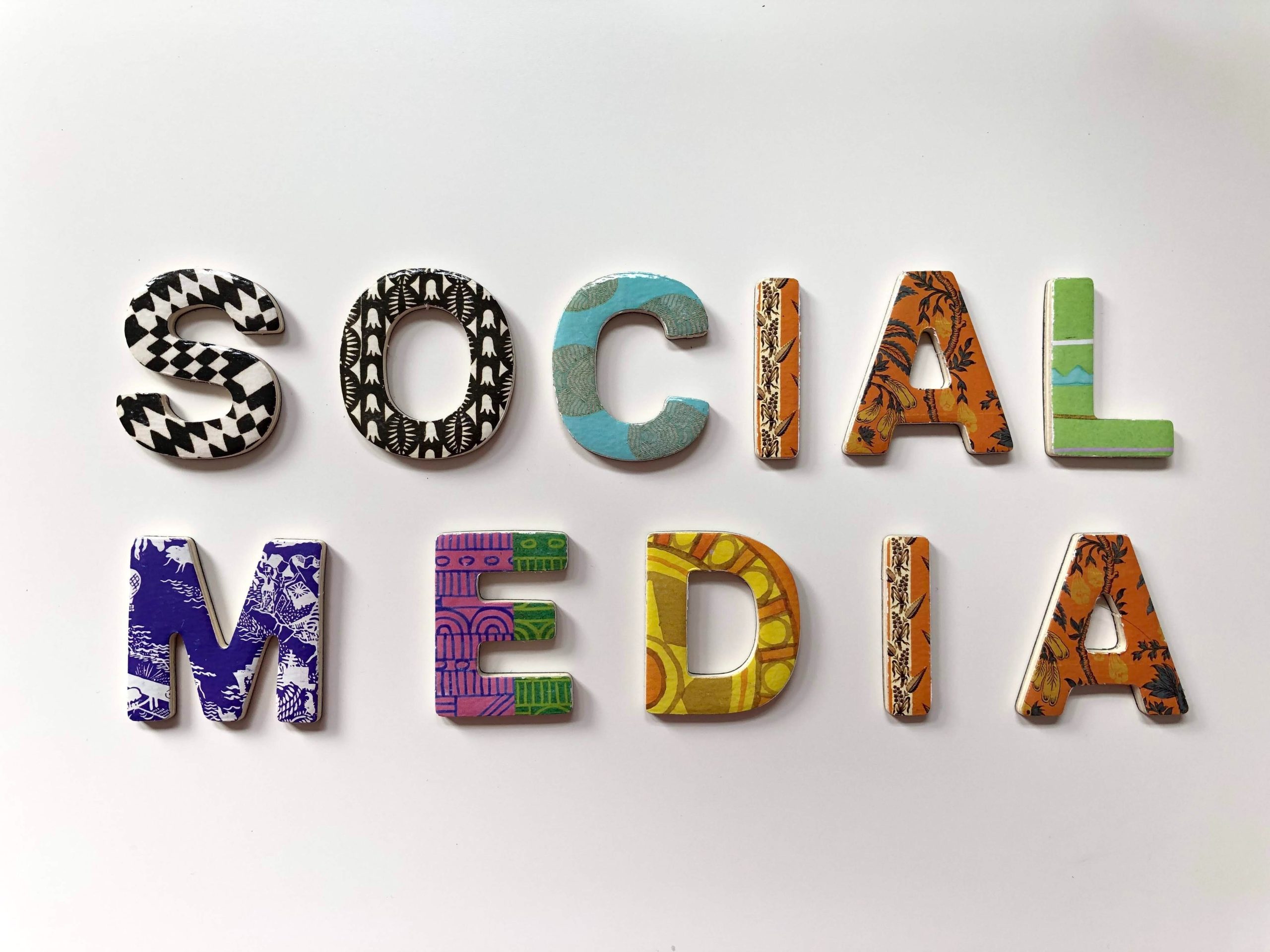As technology continues to advance, the world of politics is not immune to its impact. The rise of social media has revolutionized political campaigning, providing politicians with an unprecedented platform to connect with voters and shape public opinion. With the click of a button, candidates can reach millions of people and rally support for their campaigns like never before. In this blog post, we’ll explore how the internet’s impact on political campaigning has changed our democracy and transformed the way elections are won. From viral tweets to targeted ads, join us as we delve into how social media has reshaped the game in ways that were once unimaginable.
What is social media and how has it changed the political landscape?
The role of social media in modern political campaigns has revolutionized the way candidates and their supporters interact. Candidates now have access to a global audience of voters, which allows them to more easily spread their message and connect with potential supporters.
Social media has also played a significant role in shaping the political landscape. For example, Facebook was instrumental in convincing millions of Americans to vote for Barack Obama in 2008. Similarly, Trump’s presidential campaign relied heavily on Twitter, where he often shared personal updates about his campaign journey and attacked his opponents.
Overall, social media has had a significant impact on politics by allowing candidates to connect with voters more easily and spreading their messages more effectively. It remains to be seen how this technology will continue to shape the political landscape in the years ahead.
The impact of social media on political campaigning
The use of social media in political campaigning has revolutionized the game. The internet has made it easier for candidates and their supporters to connect and communicate. Social media platforms like Facebook, Twitter, and Instagram have allowed candidates to connect with voters directly. Political campaigns now utilize these platforms to spread their message, fundraise, and organize volunteers.
One of the most important aspects of social media for political campaigning is its ability to spread information quickly. Candidates can use social media to share updates about their campaign strategy and events as they happen. This allows supporters to stay updated on the latest developments and learn more about the candidate. Social media also allows voters to get involved in the political process by sharing their opinions online.
However, social media cannot be used solely as a way to communicate with voters. Campaigns must also use social media platforms to raise money and collect donations from supporters. Social media platforms like Facebook allow campaigners to create pages that are dedicated solely to fundraising purposes. These pages can be used to collect donations from individuals or groups of people. Additionally, campaigns can use social media platforms to advertise their fundraising efforts online. This allows potential donors who are not familiar with the candidates or the campaign organization to learn more about them and make a donation
The pros and cons of social media in politics
The pros and cons of social media in politics have become an increasingly hot topic as more and more candidates choose to use these platforms to reach out to voters. Social media has undeniably had an impact on how campaigns are conducted, with candidates now relying on platforms like Twitter, Facebook, Instagram, and YouTube to communicate with their supporters.
On the plus side, social media has allowed candidates to connect with voters directly – no matter where they are in the world. This allows them to respond quickly to concerns and questions, build a strong relationship with their constituency, and generate support for their candidacy. In some cases, this direct communication has even led to real-life meetups between candidates and their supporters.
However, while social media can be incredibly beneficial in terms of communication and engagement, it can also be harmful if used incorrectly. Candidates’ profiles are often full of inflammatory rhetoric that can alienate potential voters. Furthermore, many platforms are designed for quick sharing rather than lengthy explanations or debates – which can make it difficult for voters to get a full understanding of a candidate’s position.
Overall, social media is an incredibly powerful tool when used correctly but must be used cautiously if policymakers want to avoid unintended consequences.
Conclusion
The Internet has had a profound and far-reaching impact on political campaigning over the past few decades. In its early days, the internet was used mostly for personal communication between friends and family members. However, as time went on, the use of the internet for political campaigning began to increase exponentially. Today, social media platforms like Facebook and Twitter are mainstays of political campaigning. Websites like Google Trends can also be used to analyze how frequently search terms relating to a particular topic are being used on the internet. This information can then help campaigners determine which topics should be addressed in their campaigns.








